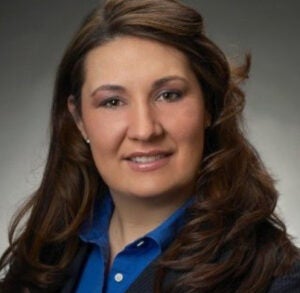Data privacy law is becoming more technically complex, and enforcers are getting increasingly savvy about how online tracking technology works.
Meanwhile, class action lawyers, creative as ever, are testing new applications of analog-era laws, like the Video Privacy Protection Act, which was passed in the late 1980s, to bring pixel-tracking cases against Meta and a growing number of web publishers.
To keep up, and stay ahead, being a privacy lawyer today means also diving into the technical details.
That’s not to say privacy attorneys need to understand exactly what’s happening during a server-to-server transmission or precisely how SDK hashing works. But they do need to be familiar with technical terms and concepts, says Daniel Rosenzweig, a senior associate in the data protection, privacy and cybersecurity practice at Norton Rose Fulbright, speaking on this week’s episode of AdExchanger Talks.
“Long gone are the days of just kind of having a privacy policy and saying, ‘Hey, we’re good to go,’” says Rosenzweig, who taught himself to code after law school.
Today, lawyers are in product meetings, they’re talking to the engineers, and they’re looking under the hood of websites to confirm compliance.
“We need to technically operationalize legal requirements,” Rosenzweig says, “and it’s important that lawyers are leading the charge because they’re the ones acting as the translation layer between marketing and dev.”
Also in this episode: Why data leakage is still a pervasive problem, dealing with compliance confusion, why Norton Rose Fulbright built its own in-house privacy tech, managing third-party code risk, lawyer tropes in movies and Rosenzweig’s (sort of) connection to the former COO of Yahoo.
For more articles featuring Daniel Rosenzweig, click here.














